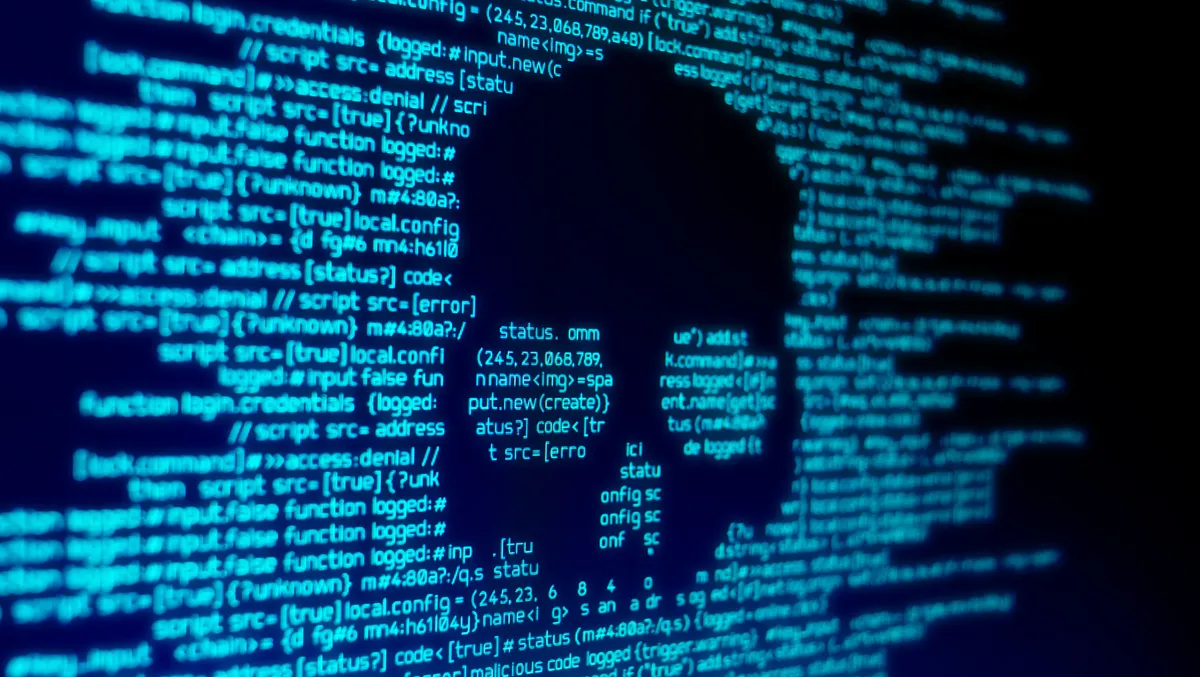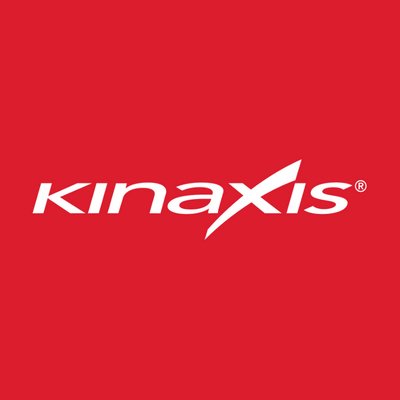Description
Introduction
Microsoft Message Queuing (MSMQ) is a powerful tool for enabling reliable communication between distributed applications. However, ensuring the security of message transmission is paramount to protecting sensitive data and maintaining trust in the messaging system. This course focuses on the security features and best practices within MSMQ, providing you with the knowledge to implement secure messaging solutions and mitigate potential risks.
Prerequisites of MSMQ Security
- Basic Understanding of Microsoft Message Queuing (MSMQ)
- Familiarity with Networking and Security Concepts
- Optional: Experience with Windows Security Settings
Table of Contents
- Overview
1.1 Importance of Security in Messaging Systems
1.2 Key Security Challenges in MSMQ
1.3 Overview of Security Features in MSMQ - User Authentication and Authorization
2.1 Configuring User Roles and Permissions
2.2 Implementing Role-Based Access Control
2.3 Best Practices for User Authentication - Securing Messages in Transit
3.1 Understanding Message Encryption
3.2 Configuring SSL/TLS for Secure Communication
3.3 Protecting Messages from Eavesdropping and Tampering - Message Integrity and Confidentiality
4.1 Implementing Digital Signatures
4.2 Ensuring Message Integrity with Hashing
4.3 Managing Message Confidentiality - Dead Letter Queue Security
5.1 Configuring Security for Dead Letter Queues
5.2 Managing Access to Undelivered Messages
5.3 Best Practices for Handling Failed Messages - Monitoring and Auditing Security Events
6.1 Implementing Logging and Monitoring
6.2 Analyzing Security Logs for Anomalies
6.3 Conducting Regular Security Audits - Integrating MSMQ with Windows Security Features
7.1 Leveraging Active Directory for Security
7.2 Configuring Security Policies in Windows(Ref: C# & Windows Presentation Foundation(WPF): Intermediate and Advance)
7.3 Understanding Firewall Considerations - Handling Security Incidents
8.1 Developing an Incident Response Plan
8.2 Managing Security Breaches and Vulnerabilities
8.3 Recovery Strategies for Compromised Systems - Future Trends
9.1 Emerging Security Threats in Messaging Systems
9.2 Comparing MSMQ Security Features with Modern Solutions
9.3 The Future of Secure Messaging in Distributed Systems
Conclusion
This course provides a thorough understanding of security practices within Microsoft Message Queuing (MSMQ) to ensure secure message transmission. By implementing authentication, encryption, and monitoring strategies, you will protect sensitive data and enhance the overall integrity of your messaging systems. Adopting these security best practices will help mitigate risks and ensure reliable communication in distributed environments, fostering trust and compliance in your organization’s messaging solutions.







Reviews
There are no reviews yet.